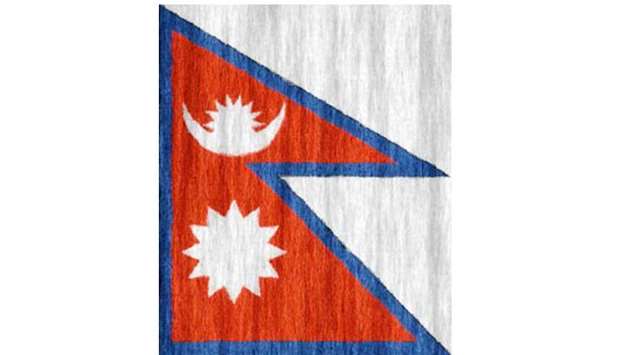The two parties, with a third smaller partner, have agreed a tie up for general elections later this year, and plan to unify as a single communist party following the polls.
“We had said before, after the signing of the peace deal, that Nepal should have a single communist party. We are now finishing that incomplete process,” Maoist leader Pushpa Kamal Dahal said at a press conference announcing the deal.
The Maoists have dominated Nepal’s politics for more than 20 years after waging a decade-long insurgency against government forces that claimed more than 16,000 lives.
The civil war ended in a peace deal in 2006 that saw rebel leader Dahal become Nepal’s first post-war prime minister.
The 240-year-old monarchy was abolished two years later beginning the Himalayan nation’s transformation to a secular republic.
Three main parties - the Maoists, the Communist Party Nepal-Union Marxist Leninist (CPN-UML), and the Nepali Congress (NC) - have since monopolised the political sphere, forming varying brittle coalitions with one another.
General elections set for next month will conclude the drawn-out peace process, allowing for the implementation of a new constitution that was agreed in 2015.
Observers hope that will usher in a new era of stability in the impoverished country, which has cycled through nine governments in a decade.
The Maoists and the CPN-UML were coalition partners for four of those governments, though the ruling coalition is currently between the former rebels and the NC.
The Maoists will be the junior partner in the upcoming alliance with the communists, fielding candidates in 40% of seats, with the CPN-UML taking the rest.
The tie up will be closely watched by Nepal’s two large neighbours, India and China.
The staunchly nationalistic CPN-UML has aggressively courted Beijing seeking to temper the influence of Delhi, which has traditionally played the role of big brother to its small northern neighbour.
“This sets the stage for an almost two-party system in Nepal,” Sudheer Sharma, editor with the Kantipur newspaper, said, pitting the UML against the NC who are seen as closer to Delhi.

